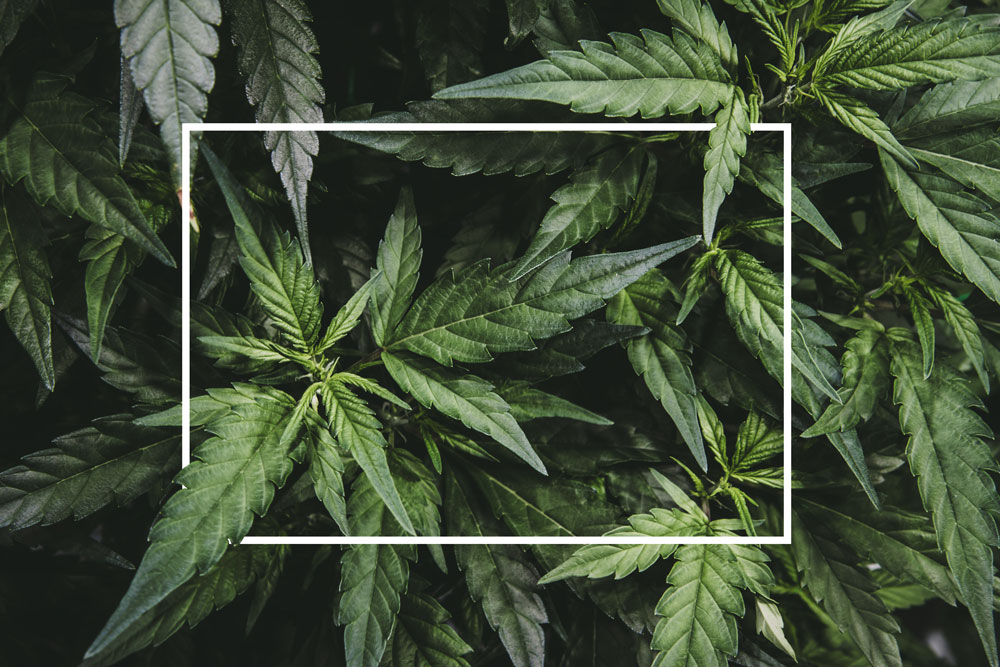A look at how the world of weed changed in 2021
It’s time for an end-of-the-year look back at the weird world of weed in 2021:
Cannabis Goes Global
About violence in the marijuana universe, the less said, the better. I understand. Violence isn’t a pretty picture; potheads don’t want to hear that their drug of choice is linked to violent crime, and PR folks in the industry don’t want to hear it, either. But it’s definitely around. To be perfectly clear, marijuana doesn’t make users violent. Reefer madness is a figment of the imagination. But money madness is real.
There’s actual violence in South America, where the corrupt, authoritarian government of Colombian President Ivan Duque recently lifted the ban on the export of weed. Colombians can’t smoke it legally, but Duque wants folks in other countries to consume it. “Colombia can play a big role in the international market,” he said recently. “Latin American cannabis exports could be worth $6 billion.” Leave it to a dictator to break the longstanding international rules that have prohibited the import and export of drugs from continent to continent. Colombian weed is already in Canada; before long, it will be in California. Meanwhile, Canadian weed is now going to Mexico.
Sanho Tree, who works at the Institute for Policy Studies (IPS) in Washington D.C., told me on the phone that while the worst of the violence is over in Colombia, there’s still fighting and that “it will be difficult for Duque’s government to regulate the cannabis trade.” Protests that took place earlier this year led to the death of 19 people and more than 800 injured. The popular Colombian singer, J. Balvin, known as the “Prince of Reggaeton,” said not long ago, “There is now a civil war in Colombia, and there are no words to describe what is going on.” He added, “We would like to see that through love, tolerance and talking, we could arrive at something, right? Because hatred generates more hatred.”
Trouble in Mendo
The fellow I call MM (for “Marijuana Man”) knows about hatred. Like J. Balvin, he’d like to see love and tolerance, especially in his neck of the woods in Mendocino County where he has grown marijuana for decades. He is still growing, but now MM is in the midst of a mini-civil war. On one side of his land, there are meth addicts, aka tweakers, who trash the neighborhood—I’ve seen their filthy house and land. They let their dogs run wild in MM’s marijuana garden and wreak general havoc.
On the other side of his parcel, guys in a cartel have heard that MM is gay. They’ve posted homophobic signs at the front of his property, but he’s not going to tangle with them. MM also has trouble with the middlemen who buy thousands of pounds of weed at a time from growers like him and bring it to dispensaries and the black market. “They don’t want to see my weed before they buy it,” he complained. “They don’t want to taste it, smell it or smoke it. All they want to know is whether it was grown indoors or outdoors, in a greenhouse or direct sun. It’s crazy.”
Ironic Pot Summit
I caught up with MM at the biggest cannabis event of 2021, held at Fort Mason in San Francisco. The event’s purpose was to commemorate the 25th anniversary of the 1996 passage of Prop. 215, the Compassionate Care Act, which ushered in the era of medical marijuana. The meeting took place inside the General’s Residence, usually rented for marriages and big bashes. Fort Mason is federal property. Since marijuana is illegal in the eyes of the White House and the Department of Justice, the words “cannabis,” “marijuana,” “weed” and “grass” couldn’t be posted outside the building. The irony of a marijuana event on federal land was obvious to most people who attended. Some smoked weed, albeit discreetly. Buds also changed hands. I scored big.
Everyone in the world of weed attended the anniversary event. To name a few: Ross Mirkarimi, the former SF Sheriff; George Zimmer of the Men’s Warehouse, who funneled tons of money into the campaign for Prop. 215; and Valerie Corral, the founder of the Wo/Men’s Alliance for Medical Marijuana (now WAMM Phytotherapies, located in the Almar Building in Santa Cruz). Years ago, Corral was hammered by the feds. She’s a survivor who has provided compassionate palliative care for the sick and the dying. One longtime Santa Cruz cannabis maven says of Valerie, “She’s on the side of the angels.”
The Fort Mason cannabis fete was like a great big high school reunion, except that the participants had graduated from high school long ago. No one under 30 sat in the audience or stood at the podium and spouted a stream of words. Not surprisingly, Ross Mirkarimi told the crowd, “Millennials spend billions on marijuana, but they have no clue about Prop. 215.” History is toast for many folks in every generation, though the speakers who talked about weed history were fascinating. We have come a long way, baby. Twenty-five years ago, a cannabis event never would have happened at Fort Mason. The cops would have raided it, as they raided Dennis Peron’s Cannabis Buyers Club in San Francisco in 1996, taking Dennis to jail.
Valerie Corral knows that story by heart. When it was her turn to speak at the confab, she smiled brightly and said, “History is a movable feast. Some people have been unacknowledged.” She added, “Support goodness and take care of those with the greatest need.” Good advice.
Unacknowledged people include MM and hundreds if not thousands of marijuana growers and dealers who were, for the most part, not recognized at Fort Mason. No one said what ought to have been told: that without growers, dealers and dope smokers, 215 would never have been approved by California voters. Nor would we have recreational cannabis today, which voters approved in 2016, which now seems like ancient history. If a cannabis Rip Van Winkle were to wake up now, after having been asleep for the past two-and-a-half decades, they might not recognize the array of cannabis products, the sheer number of dispensaries, the fact that the black market is alive and well, and that Colombian exports its weed.
What’s Legal?
I’ve been awake all these years, and I’m still shocked by the rapidly changing marijuana scene. What amazes me as much as anything else is that cannabis companies send me beautifully wrapped samples by special messenger. A delivery man shows up at my front door and hands me a big box with all kinds of goodies—from joints to gummies and more. Is the delivery legit? It’s hard to tell what’s legal and what’s not. Still, the whole cannabis juggernaut slouches towards what? The end of Prohibition? Randal John Meyer, a lawyer, a lobbyist and the executive director at the Global Alliance for Cannabis Commerce (GACC), a trade organization based in D.C., tells me that legalization is around the corner and that the marijuana marketplace will soon stretch around the world. He also tells me that “California is the largest cannabis market in the U.S., that California weed is the best bar none and that West Coast consumers tend to be better informed about cannabis than consumers elsewhere.” Meyer ought to know. He’s smoked weed from nearly every part of the globe. In Amsterdam, he tells me, California weed is the most expensive.
Meanwhile, Sacramento collects tax dollars, cops raid, arrest and confiscate crops. At the same time, the National Organization for the Reform of Marijuana Laws (NORML) predicts the imminent legalization of weed in the U.S. But don’t hold your breath, folks—unless you’ve just taken a hit from a joint.
I get stoned at least once a day, usually at bedtime. Pot often helps me relax and get a good night’s sleep. At the right time, the right place, and in the correct dose, it’s good medicine. This season, I grew weed in San Francisco for the first time. In May, a commercial grower in Santa Cruz gave me two plants, which I tossed in the back seat of my car. I must have worn a sheepish grin on my face because the grower said, “Don’t worry. It’s legal.” I drove up Highway 1, arrived home safely, stuck the plants in the ground, gave them water and nutrients, and harvested them in September. There was hardly any sun all summer in San Francisco, so the buds were pathetic. But the weed got me stoned. Thanks, marijuana. If you wanna grow, folks, grow in the sun. And don’t worry, a backyard garden is legal.








